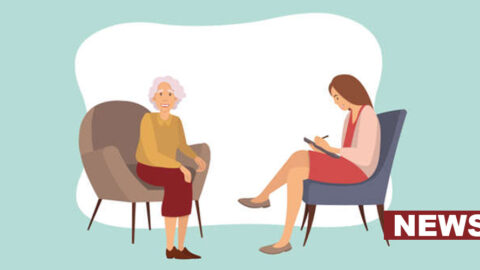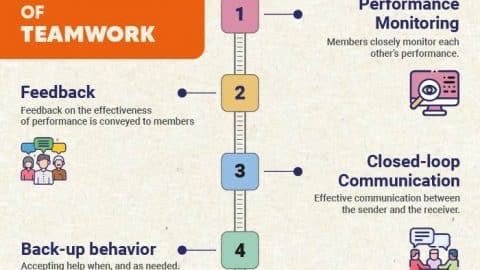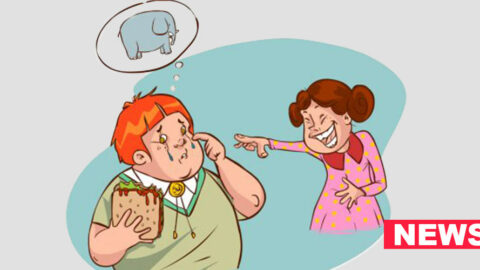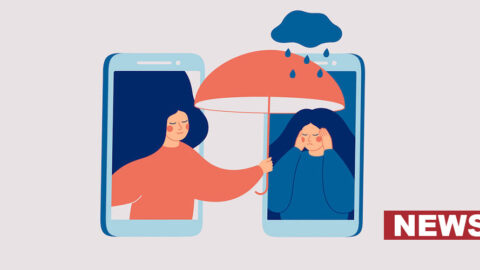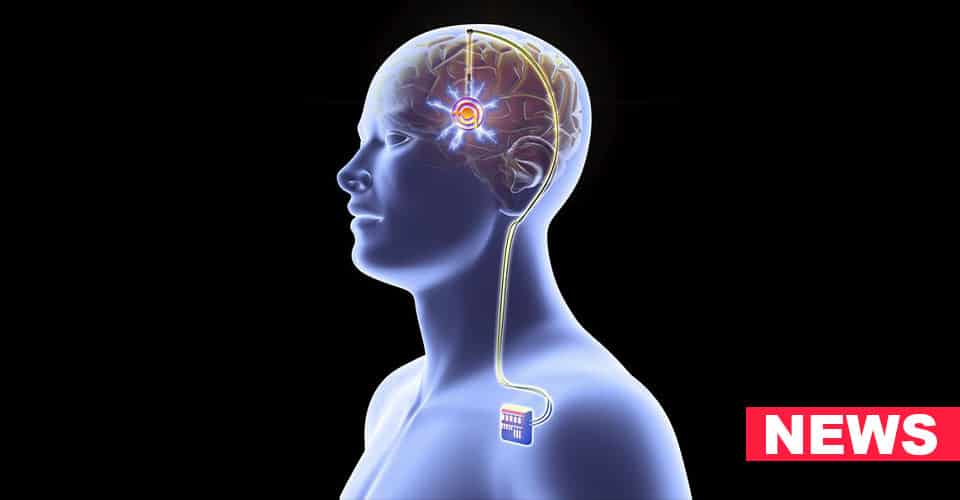In recent years, experts have been increasingly recommending cold showers as a simple yet effective way to enhance mental health and well-being. While the idea of voluntarily subjecting oneself to icy water may not initially sound appealing, emerging research suggests that cold showers can provide a range of psychological and emotional benefits.
A Surprising Wellness Trend Of Cold Showers
The concept of cold water therapy, or hydrotherapy, is not entirely new. Throughout history, various cultures have used cold water immersion for its potential therapeutic effects. However, in recent times, it has gained popularity in wellness and mental health circles as a simple practice that can be easily incorporated into daily routines.
One of the key benefits associated with cold showers is their ability to reduce stress and improve mood. When exposed to cold water, the body reacts by increasing the production of endorphins, our natural “feel-good” hormones. This rush of endorphins can provide an immediate mood lift and help reduce symptoms of anxiety and depression.
Clinical psychologist Dr. Sarah Mitchell explains, “Cold showers trigger a stress response in the body, which paradoxically helps the nervous system adapt to stress more effectively over time. This adaptation can lead to lower overall stress levels in daily life.”
Additionally, cold water exposure is believed to activate the sympathetic nervous system, which can enhance alertness and concentration. Many individuals who incorporate cold showers into their daily routines report feeling more awake, focused, and mentally resilient.
Taking cold showers regularly is often seen as a form of mental training. By voluntarily facing discomfort and exposing oneself to the cold, individuals can build resilience and mental strength. Psychologist and wellness expert Dr. Mark Turner notes, “Cold showers are a way to practice discomfort and challenge our self-imposed comfort zones. Over time, this practice can help individuals become more mentally resilient and better equipped to handle life’s challenges.”
Sleep is a critical component of mental health, and cold showers may contribute to improved sleep quality. The drop in body temperature that follows a cold shower can help signal to the body that it’s time to rest. This can be particularly helpful for individuals who struggle with insomnia or disrupted sleep patterns.
Cold water immersion is known to have anti-inflammatory effects on the body. Chronic inflammation has been linked to various mental health issues, including depression and anxiety. By reducing inflammation, cold showers may indirectly contribute to better mental well-being.
Pain relief is another potential benefit. The cold water can numb nerve endings and provide relief from headaches and muscle soreness, further promoting mental comfort.
The act of taking a cold shower daily can instill a sense of accomplishment and discipline. Dr. Turner adds, “Knowing that you can withstand the discomfort of a cold shower can be a confidence booster. It’s a small victory that can translate into greater self-assuredness in other areas of life.”
How to Incorporate Cold Showers
For those interested in reaping the mental health benefits of cold showers, it’s essential to start gradually. Dr. Mitchell advises, “Begin with a shorter exposure to cold water, maybe just a few seconds at the end of your regular shower, and gradually increase the duration as your body adapts.” It’s crucial to listen to your body and avoid overexposure to cold water, which can lead to adverse effects.
While cold showers can be a valuable addition to one’s wellness routine, they are not a replacement for professional mental health treatment. Individuals experiencing severe mental health issues should consult a healthcare provider for appropriate care and support.
As more people recognize the potential mental health benefits of cold showers, this chilly trend is likely to gain even more popularity. While it may not be suitable for everyone, those who have embraced cold water therapy describe it as a refreshing and invigorating experience that positively impacts their mental well-being.
Ultimately, cold showers are a simple, accessible, and cost-free tool that individuals can experiment with to determine if they provide the psychological benefits they seek. In a world where stress and mental health challenges are prevalent, this natural approach may offer a surprisingly effective solution for some.
Incorporating cold showers into one’s daily routine can be an empowering step toward better mental health, helping individuals manage stress, build resilience, and achieve improved overall well-being. Whether you’re a curious newcomer or a seasoned enthusiast, taking that icy plunge might be just what the mind needs to stay cool and collected in the face of life’s challenges.












